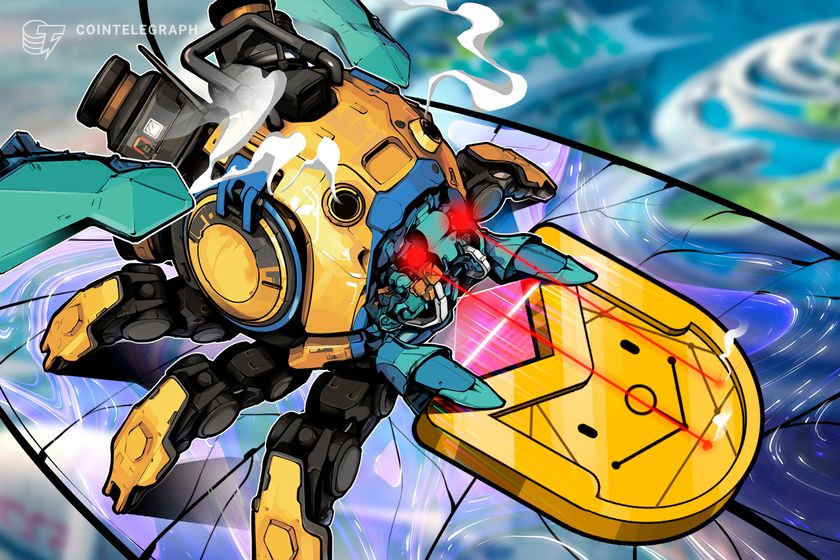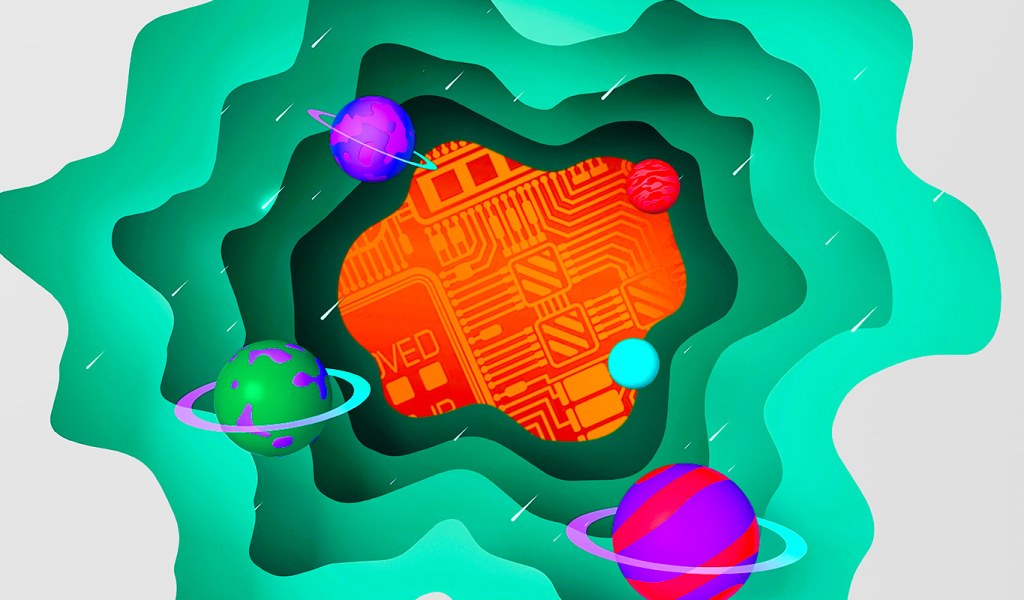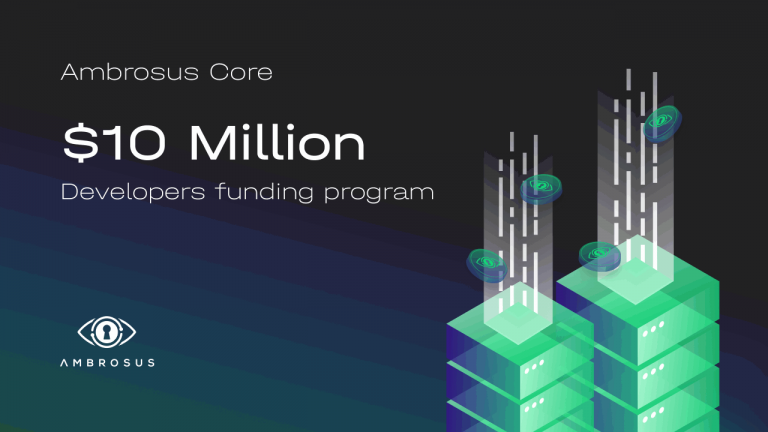
Investment DAOs where crypto-rich buyers team together to back startups or make investments work based on governance rights enforced through smart contracts.
What is an investment DAO?
A decentralized autonomous organization (DAO) that raises and invests capital into assets on behalf of its community is an investment DAO. Investment DAOs tap into the power of Web3 to democratize the investment process and make it more inclusive.
DAOs can have their units in tokens that are listed on a crypto exchange. The community rules are agreed upon and governance is enforced through smart contracts. Governance rights (voting) can be prorated based on the holdings in the DAO.
Related: Types of DAOs and how to create a decentralized autonomous organization
A decentralized organization that invests in cryptocurrencies, real estate, nonfungible tokens (NFTs) or any other asset class has several functional differences from traditional investment vehicles. This is particularly true when the underlying investment opportunity is a crypto startup company. DAOs investing in startups differ fundamentally from traditional venture capital (VC).
Before elaborating on the differences between traditional VC and investment DAOs, let us understand how traditional venture capital works.
What is traditional VC?
A venture capital fund is founded and managed by general partners (GPs). GPs are responsible for sourcing investment opportunities, performing due diligence and closing investments in a portfolio company.
Venture capital is part of the capital pyramid and acts as a conduit that efficiently sources capital from large institutions like pension funds and endowments, and deploys that capital into portfolio firms. These large institutions, family offices and in some instances individuals who provide capital to a VC fund are called limited partners (LPs).
The role of the GPs is to ensure they raise funds from LPs, source high-quality startups, perform detailed due diligence, get investment committee approvals and deploy capital successfully. As startups grow and provide returns to VCs, the VCs pass on the returns to LPs.
Traditional venture capital has been a successful model that has catalyzed the growth of the internet, social media and many of the Web2 giants over the past three decades. Yet, it is not without its frictions and it is these that the Web3 model promises to address.
Challenges of traditional VC
As effective as the VC model has been, it still has its issues. They are not very inclusive and decision-making is quite centralized. VC is also considered a highly illiquid asset class by institutional investors.
Exclusive
The VC model is not as inclusive as it could be. Due to the amount of capital involved and the risk profile of the asset class, it is often only viable for sophisticated investors.
It is critical to ensure that investors appreciate the risk-return profile of their investments. Therefore, venture capital may not be the right fit for all retail investors. Yet, there are subsets of the retail investor community who are sophisticated enough for this asset class. Yet, it is often difficult for even sophisticated retail investors to be LPs in VC funds.
This is either because proven GPs are often hard to reach for retail investors or because the minimum investment into these funds is several million dollars.
Centralized
If participation as an LP is exclusive, even investment decisions are generally made by a small group of people that sit on the investment committee of the VC fund. Therefore, most of the investment decisions are highly centralized.
This often can be a limitation not only to investing globally but also to being able to identify hyperlocal opportunities in the last mile of the world. A centralized team can only offer so much in terms of originations (of investment deals) and deployment capabilities across the world.
Illiquid
The other key issue with traditional VC is that it is an illiquid asset class. Capital deployed into these funds is often locked in for years. Only when the VC fund has an exit, in the form of a portfolio company being acquired or going public, do the LPs get to see some capital returned.
LPs still invest in the venture capital asset class as the returns are generally superior to more liquid assets like bonds and publicly listed shares.
Let us now look at the Web3 alternative for venture capital — investment DAOs.
Advantages of investment DAOs
DAOs bring together Web3 ethos and the operational seamlessness of smart contracts. Investors that believe in a specific investment thesis can come together and pool capital to form a fund. Investors can contribute in different sizes to the DAO depending on their risk appetite and their governance (voting) rights are prorated based on their contributions.
Related: What are smart contracts in blockchain and how do they work?
How do investment DAOs address the shortcomings of traditional venture capital? Let us discuss the functional differences.
Inclusive access
Investment DAOs allow accredited investors to contribute in all sizes. By virtue of their contributions, these investors are able to vote on key investment decisions. Therefore, the processes of investing in the DAO and deciding on investments in the portfolio are both more inclusive.
Deal sourcing can be decentralized, just like governance. Imagine running a fund focused on technology for coffee farmers across the world. Having community members from Nicaragua to Indonesia certainly helps in sourcing the best last-mile investment opportunities. This allows investment vehicles to be more specialized, more global and yet highly local.
As these DAOs can be tokenized and investors are able to make smaller contributions. This allows them to choose among a basket of funds to which they can contribute and diversify their risks. Also, DAOs are more open to receiving investments from across the globe (with exceptions) than traditional venture capital.
Imagine an accredited retail investor with $100,000 wanting exposure to subclusters of Web3 and crypto startups. The investor can find an investment DAO focused on NFTs, decentralized finance, layer-1 cryptocurrencies and so on, to spread their investment across all these different DAOs.
Liquid investments
In traditional VC, LPs are not able to liquidate their positions in the fund before the fund offers an exit. Tokenized investment DAOs address that issue. Investment DAOs can have a token that derives its value from the underlying portfolio. At any point in time, investors that own these tokens can sell them on a crypto exchange.
In offering this functionality, investment DAOs offer returns similar to those of traditional VCs, albeit with a lesser liquidity risk. This makes them a better investment vehicle just based on the risk-return profile.
What’s the catch?
Every opportunity has its risks and vice versa; investment DAOs are no exceptions. Despite their structural superiority to traditional VCs, there are still areas that remain unclear.
For instance, due to the anonymous nature of crypto investments, it is often difficult to identify the sophistication of the investor. This means it is harder to protect investors from taking high risks on a volatile asset. This is a space that regulators are looking to address by governing how a DAO markets itself to bring investors onboard.
There are also challenges in setting up a DAO where the legal language is programmatically set into smart contracts. In traditional markets, these investment vehicles are often handcrafted by large legal teams. To rely on smart contracts to do that effectively poses a legal and a technological risk.
However, there are firms like Doola that offer services to bridge the legal gap between Web3 and the real world. Here is a table that illustrates key differences between the two approaches.

Investment DAOs are still works in progress. Yet, the model shows promise. Once the legal and regulatory risks are ironed out, investment DAOs could be the model that traditional VCs embrace.








